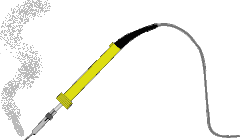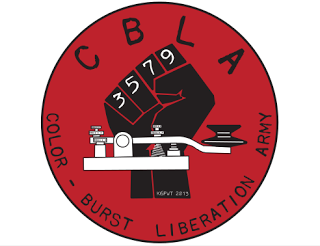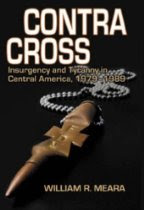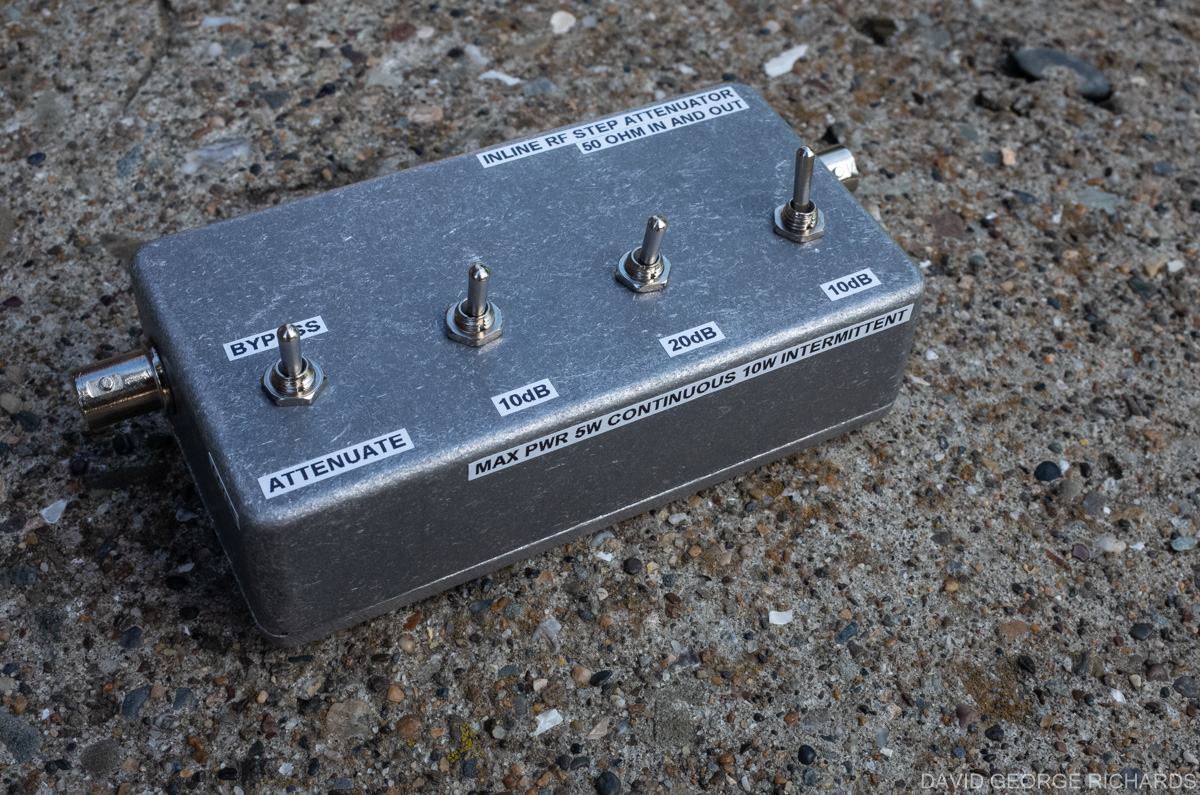Podcasting since 2005! Listen to Latest SolderSmoke
Wednesday, October 20, 2021
Super-Regeneration is Super-Strange
Tuesday, October 19, 2021
Homebrew Tiny Space Telescopes from the Netherlands
Monday, October 18, 2021
No Longer On the "Shame Shelf" -- Pete Fixes His KWM-1
Sunday, October 17, 2021
2 Meter Homebrew: The Fredbox (Video)
Wednesday, October 13, 2021
SolderSmoke Podcast #233: PIMP, Boatanchors, Novices, MMM, Heathkits, DC Receivers, Mailbag
SolderSmoke Podcast #233 is available.
http://soldersmoke.com/soldersmoke233.mp3
Travelogue: Cape Cod. SST. Marconi Site.
The WFSRA: The World Friendship Society of Radio Amateurs.
Pete's Bench:
The Pimp.
The NCX rig.
The Collins.
The many DC receivers built worldwide.
The parts shortages are real! Several key radios on hold. Si5351 sub.
Talk to G-QRP convention
Bill's Bench:
FT-8. Not for me. I tried it.
Novice Station Rebuild.
Globe V-10 VFO Deluxe.
Selenium rectifier removal CONTROVERSY?
Not crazy about my Novice station. Not crazy about CW.
Mate for the Mighty Midget. Again.
Mike W6MAB -- Detector problems LTSPICE Check
One more mod for MMM RX. Ceramic filter at 455.
Dropped screw inside tubular cap on Millen 61455 transformer.
Talk to the Vienna Wireless Society
Thinking of a Moxon or a Hex beam.
BOOK REVIEW Chuck Penson WA7ZZE New Heathkit Book. http://wa7zze.com
Mailbag
-- New SPRAT is out! Hooray!
-- Todd K7TFC sent me copy of Shopcraft as Soulcraft. FB.
-- Dean KK4DAS building an EI9GQ 16 W amp. FB.
-- Jack NG2E Getting close on Pete's DC receiver.
-- JF1OZL's website is BACK!
-- Tony K3DY sent link to cool books.
-- Sheldon VK2XZS thinking of building a phasing receiver.
-- Peter VK2EMU has joined the WFSRA. FB!
-- Ned KH7JJ from Honolulu spotted the Sideband Myth in the AWA video.
-- Chris M0LGX looking at the ET-2, asks about the variometer.
-- Pete Eaton Nov 64 anti HB rant in november 1964 QST. Wow.
-- Josh Lambert Hurley spreading FMLA stickers in the UK. FB
-- Stephen VE6STA getting ready to melt solder.
-- Got a great picture of Rogier PA1ZZ back on Bonaire.
-- Farhan reading the manual of Hans's new digital rig.
-- Paul G0OER wonders if FMLA getting ready to move on 5 meters.
Saturday, October 9, 2021
Recent Homebrew Projects from Jan PA3GSV (of "Mate for the Mighty Midget" Fame)
Recent talk of the Mate for the Mighty Midget receiver and Pete's PIMP SSB transmitter brought me back in contact with the work of Jan, PA3GSV. I took a look at his QRZ.com page and found that he has some projects that rival even his seemingly unbeatable MMM RX project.
Check it out for some real homebrew eye candy:
Friday, October 8, 2021
Bill's 52 year-old Apollo 11 Time Capsule -- What Should I Do?
Thursday, October 7, 2021
Another M^3: The Michigan Micro Mote
Move over Michigan Mighty Mite and Mate for the Mighty Midget. There's a new M^3 in town. And it is SMALL.
Hack-A-Day had an article on this today, and while it seems only tenuously connected to ham radio, I found it intriguing.
Tuesday, October 5, 2021
Dean KK4DAS Builds an EI9GQ 16 Watt RF Amplifier (and Noodles in the Process)
Monday, October 4, 2021
Scott WA9WFA's Mate for the Mighty Midget Receiver is WORKING! (Video)
Saturday, October 2, 2021
Selenium RECTIFIED
Selenium rectifiers. The name kind of sounds like Dilithium crystals, possibly related to flux capacitors.
Anyway, there were two of them in the Globe Electronics V-10 VFO Deluxe that I recently bought. Obviously they had to go, so I took them out yesterday, replacing them with a 1N5408 silicon rectifier.
The new diode had a significantly lower voltage drop than the selenium rectifiers -- this pushed the output voltage from the power supply up to around 200V. It is supposed to be around 185 V. So I put a 470 ohm, 5 watt resistor (found in the junkbox) in series. This brought the output voltage to 167 V. Close enough. VFO seems to be working fine.
I'm glad I did the extraction before these aging components released their nasty toxic smoke.
W3HWJ has a good article on replacing these nasty old parts, with some interesting info on their history: http://www.w3hwj.com/index_files/RBSelenium2.pdf
Backgound on the element Selenium: https://en.wikipedia.org/wiki/Selenium
































